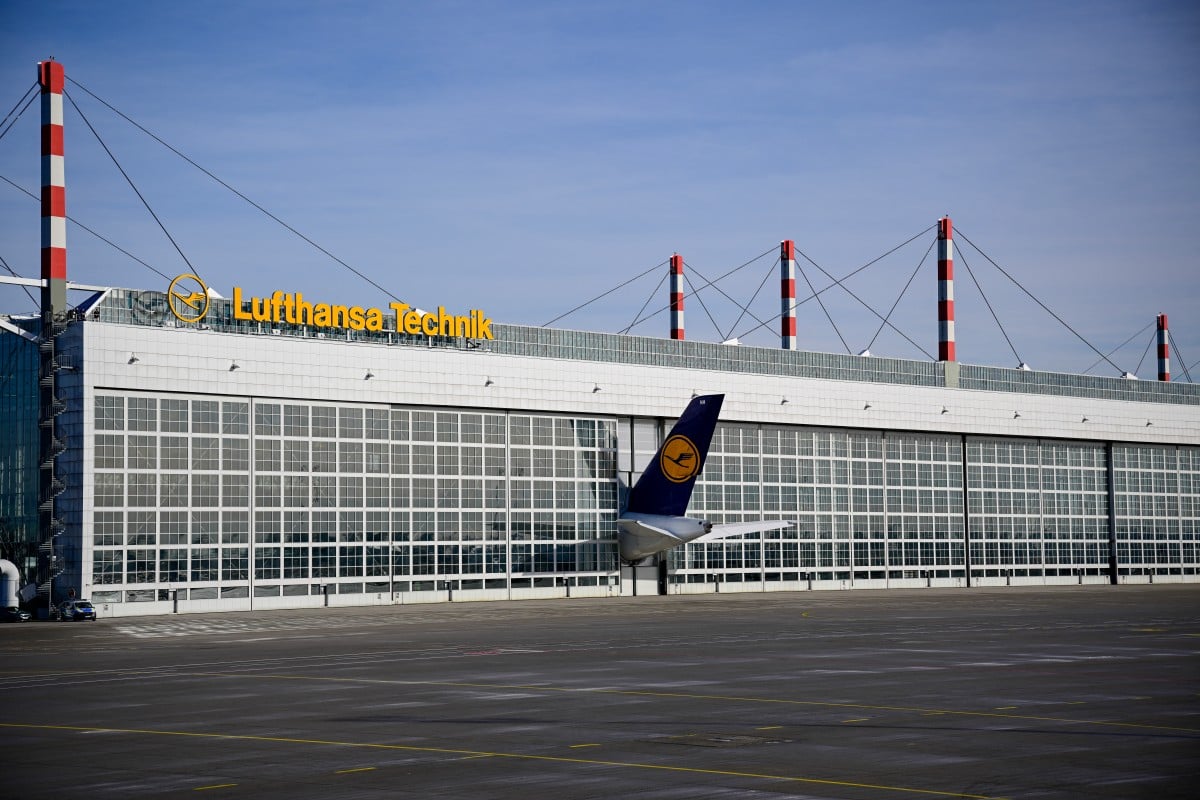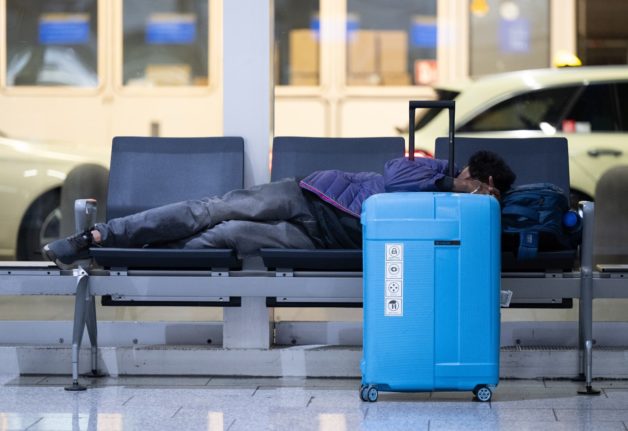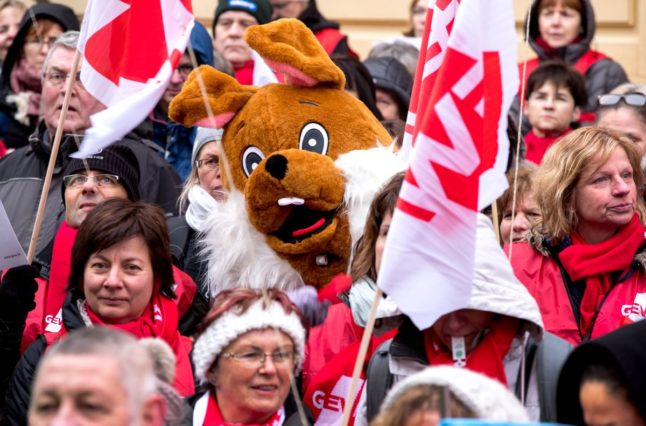Verdi called on Lufthansa ground staff to stage a walkout on Tuesday across Germany’s biggest airports, with ground staff and staff in passenger operations such as those at check-in desks all involved in the walk-out.
In a surprise move on Monday, staff at Frankfurt airport kicked off their strike earlier than planned, leading to dozens of flight cancellations after 8pm in the evening.
The industrial action at the other six airports – including Munich and Berlin – started at 4:00am on Tuesday and will end at 7:10am on Wednesday, the union said in a statement.
READ ALSO: Why Germany is being hit by strikes almost every day
More than 100,000 passengers are expected to be impacted by the walkout, said Lufthansa in a separate statement, adding that it was drawing up an alternative flight plan.
The airline’s human resource chief Michael Niggemann blasted the union’s decision, saying the action would once again “put a disproportionate burden on our guests”.
But the union said no progress had been made in negotiations on working conditions, calling the strike of 25,000 workers, including maintenance employees and airport counter staff across the company.
Among sticking points were what the union said were an overly low pay offer made to the staff in comparison to other employee categories such as pilots.
“While the company is offering pilots with annual basic wages of up to €270,000 ($298,000) raises reaching two digit figures, ground staff are unable to break even given the inflation of the last years,” said Verdi’s lead negotiator Marvin Reschinsky.
The union added that it expected major flight disruptions over the walkout.

“We don’t want this escalation. We want a quick result for employees and passengers,” said the union, which is seeking pay rises of 12.5 percent, and a minimum of €500 more a month.
READ ALSO: Should Germany expect further airport strikes in weeks ahead?
Lufthansa has offered to raise wages by four percent in December before another 5.5 percent increase in February 2025.
It has also said it would pay a €3,000 inflation bonus to each worker.
The next round of negotiations will take place on February 21st.
Germany has been hit by a spate of strikes across varying sectors including transport, the civil service and supermarkets.
Pinched by inflation over the last years and in the wake of the coronavirus pandemic, workers are demanding higher wages to cope with the cost of living.



 Please whitelist us to continue reading.
Please whitelist us to continue reading.
Member comments